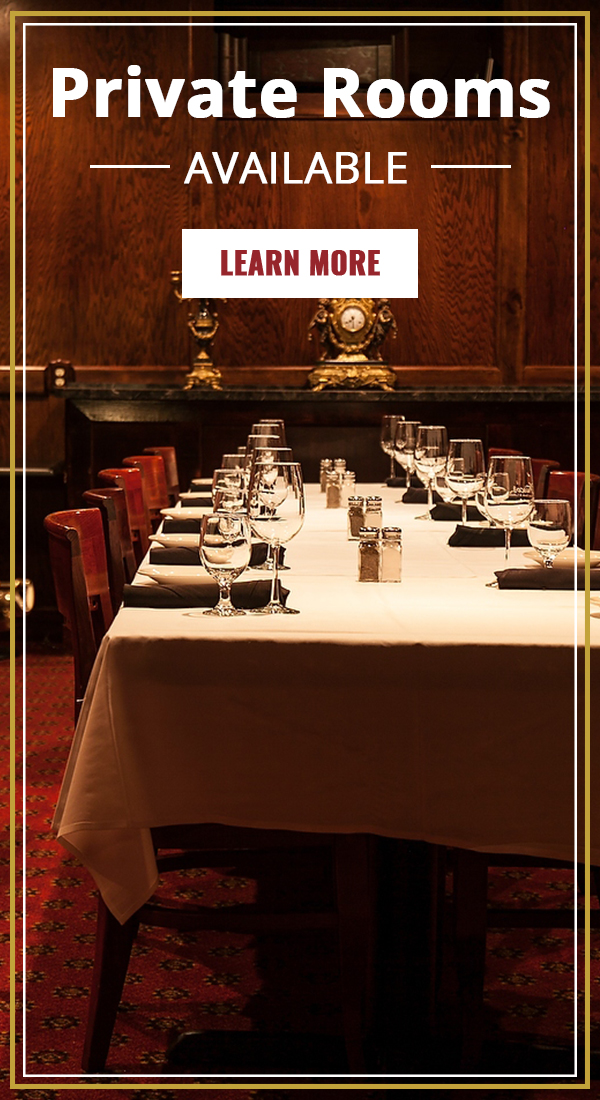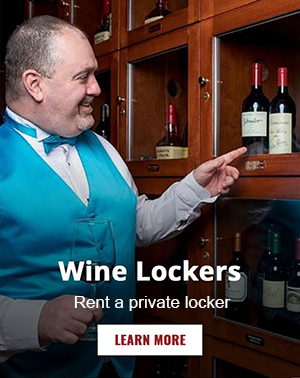How Long Does Wine Last Once Open?
Nov 29, 2020
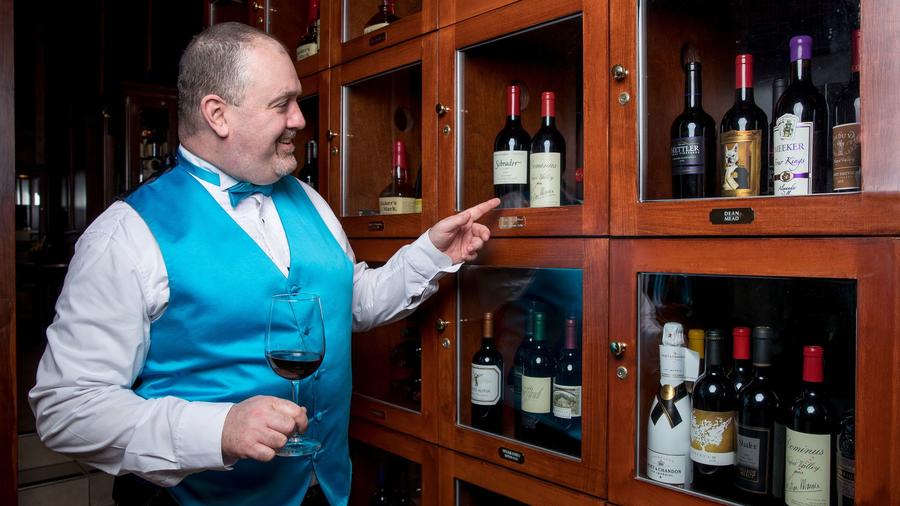
If you’ve invested in a bottle of your favorite wine or a new variety to taste, you’ll want to know how long the wine will last once uncorked. The best way to enjoy your wine is to drink it within a short period after opening. Most wines will spoil within five days of opening, although this varies based on the type of wine you are drinking.
A wine that has ‘gone bad’ won’t necessarily harm you but it will be a far from pleasant tasting experience. Spoiled wine has a sharp vinegar flavor from oxidation. It will take on a nutty aroma and sour hints. Some describe this as a ‘wet dog’ or ‘corkboard’ scent. Visually the wine changes too. A wine that has passed its prime will change appearance due to oxidation. It will appear cloudy, filmy, and brown. A wine that has ‘gone bad’ may even develop small bubbles. This is caused by an additional fermentation in the bottle.
Read on for a complete guide to how long your bottle of wine will keep after opening.
How Long Does Red Wine Last After Opening
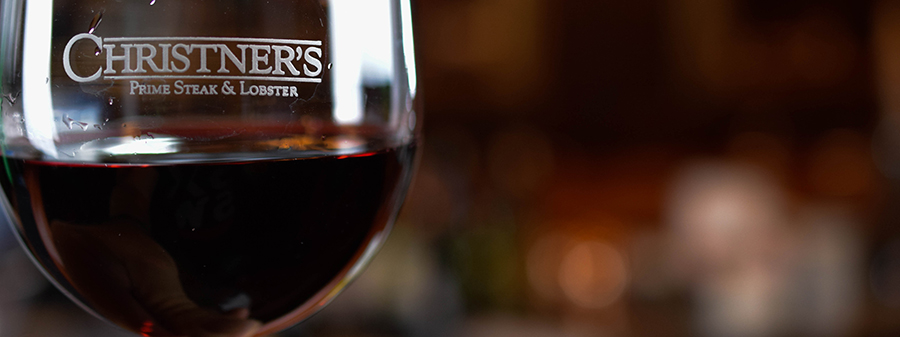
On average, red wine will last for up to five days. Here’s the catch: it will need to be stored in a cool dark place with a cork. You’ll also find more success with red wines that have more tannins and acidity. This means Syrahs and Cabernet Sauvignons will keep much better than a Pinot Noir or Merlot.
But, if you really want to open a red wine but don’t want to finish the bottle within the ‘drinkability’ window, you have options. Leftover red wine is perfect for slow cooking. Try making beef bourguignon, beef stews, or Italian red wine roast beef if you don’t want your red wine to go to waste.
Here are the average lifespans of red wines after opening:
How Long Does White Wine Last After Opening
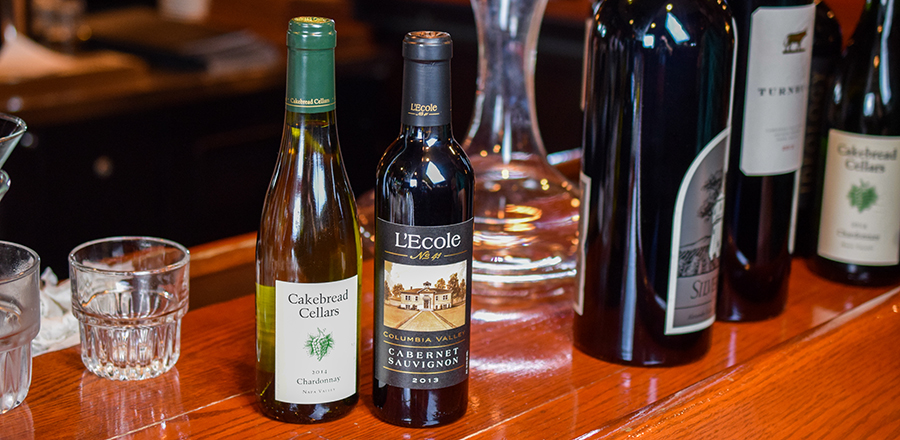
Both lighter and full-bodied white wines will last three to five days. If you want your white wine to last for up to a week, you can try to transfer it from the bottle to an airtight container.
Here are the average lifespans of white wines after opening:
How Long Does Sparkling Wine Last After Opening
Sparkling wines don’t do well when stored. These wines, including Champagne and prosecco, are best enjoyed immediately after opening. Once opened the bubbles dissipate and the wine will become flat. It’s best to drink sparkling wine on the day of opening.
If you don’t want to consume an entire bottle, sparkling wine can be used in preparing fresh fruits. Otherwise, it may be best to purchase mini bottles to avoid having to pour out leftover sparkling wine after the first day.
How Long Does Rosé Wine Last After Opening
Rosé generally last for up to three days in the fridge if stored properly with a stopper, cork, or screw cap. You should store your Rosé in the fridge after opening. In some cases, Rosé can last for five days.
How Long Does Dessert Wine Last After Opening
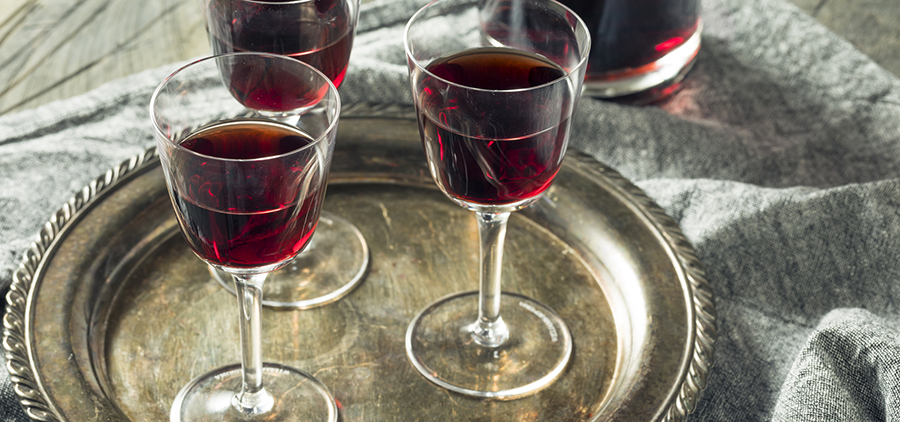
Dessert wines are generally able to last for two to three weeks after opening. This is thanks to the higher sugar content. Depending upon the grape variety the wine is made from and the method used during production, dessert wines may persist well past the three-week mark. Sherries in particular are known to last quite a while thanks to the oxidation process during production.
Here are the average lifespans of common dessert wines after opening:
How to Store Your Wine Once Opened
No matter what type of wine you’ve opened, it won’t last long if stored improperly. You’ll want to start by ensuring your wine has been re-corked properly. Use the side of the cork that has already been exposed to the wine. You’ll want to push the cork about halfway into the bottle. You can also use a wine stopper to recork your bottle. These are simple and reusable.
Keep the bottle out of light and store it at room temperature or cooler. Keeping your wine in the refrigerator can actually help to slow down the chemical processes that result in oxidation.
Lastly, just be sure to consume the remainder of your wine before it goes bad!
Whether you’re looking to open a new bottle of wine or store a bottle you’d like to keep for aging, Christner’s is here to help. Contact us to make a reservation.
How to Store Your Wine Prior to Opening
If you haven’t opened your wine already, you’ll still need to consider proper storage. This keeps your wine tasting it’s best (or aging to taste even better). There are a few principles to proper wine storage everyone should keep in mind. Here’s what you should know.
Find a Space Without Direct Sunlight
If your wine is exposed to bright light or direct sunlight it can result in accelerated aging of the wine which isn’t desirable. In fact, wine can be damaged with just over three hours of exposure to direct light.
Many wine bottles are made of dark glass to avoid UV rays ruining the wine. But even if your wine bottle is made of dark glass, you should do your part to keep your wine in good condition by giving it a space to be stored out of direct sunlight.
Ensure the Space Has a Consistent Temperature and Humidity
Keeping your unopened wine at a consistent temperature and humidity will keep the wine from aging too quickly. Wine fridges are handy for this. Unlike with a regular refrigerator, wine fridges keep conditions at 50-60˚F (with cooler settings for storing champagnes) and 50% to 70% humidity depending on your preference. Wine fridges provide a dedicated space for your wine to avoid any cross-contamination with food present in the fridge.
Check to Be Sure the Wine is Meant to Be Aged
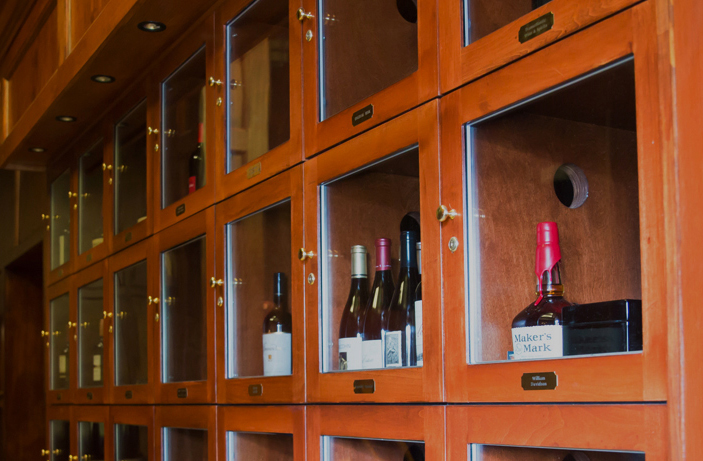
It may come as a surprise but older doesn’t always mean better with wine. While it is true, some wines taste better once aged, it isn’t true for all types.
Wines that are meant to be aged have:
Wines with a cork are better for aging than those with a screw cap. Generally, reds are better for aging than whites. Before you commit to aging a bottle of wine, do a bit of research to determine if the wine should be aged and for how long.
Store Your Wine in a Wine Locker
Storing your wine in a wine locker is perfect for those who don’t have a wine cooler or cellar in their homes. Wine lockers ensure your wine is stored in a consistently cool, dark, and moist space.
We offer wine locker rental at Christner’s for wine enthusiasts who want to store their prized bottles in the proper conditions. Contact us to learn more about our wine locker rental options.
For informational purposes only.
